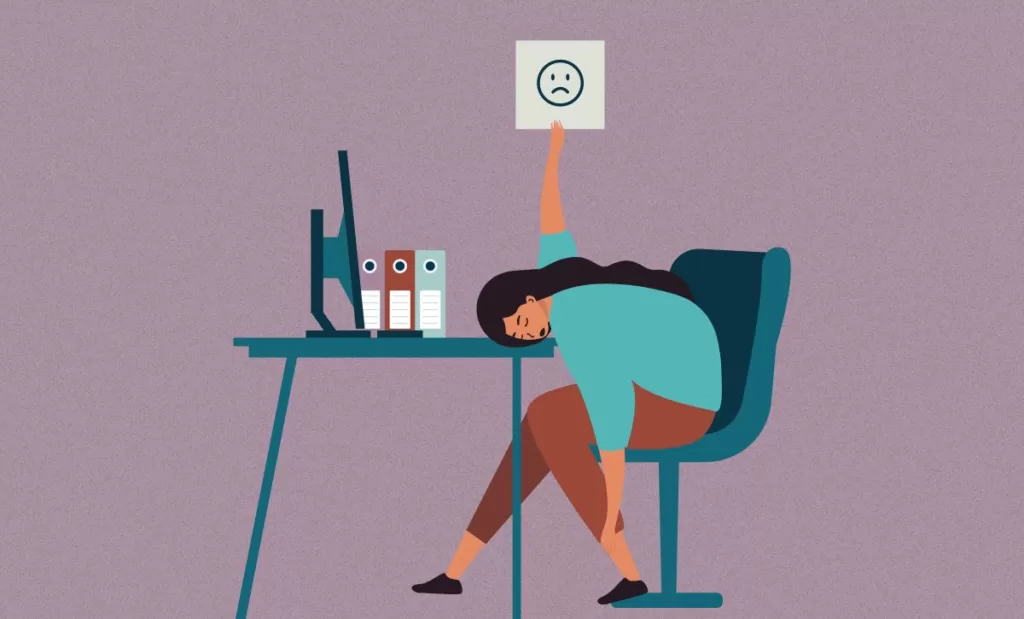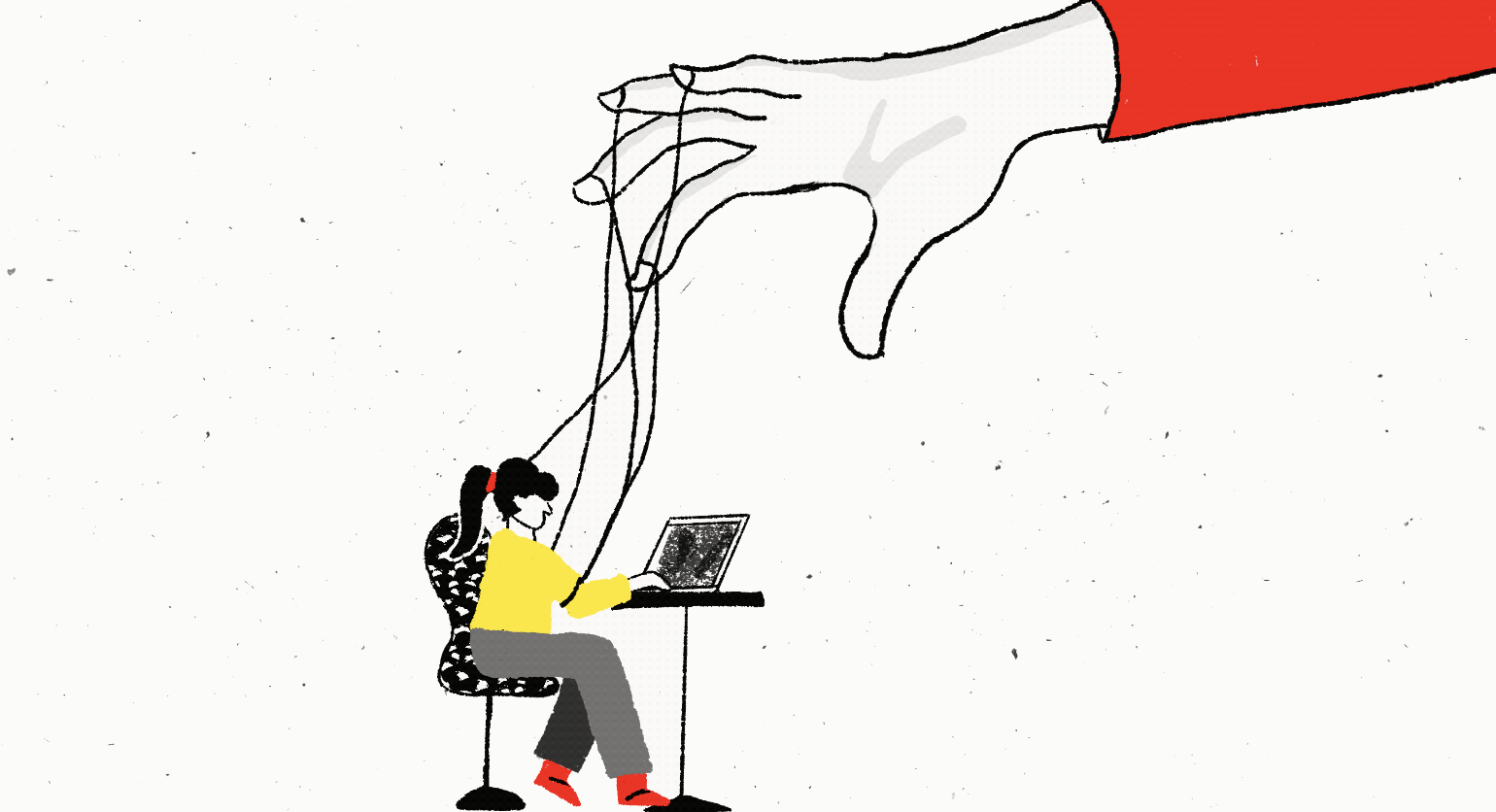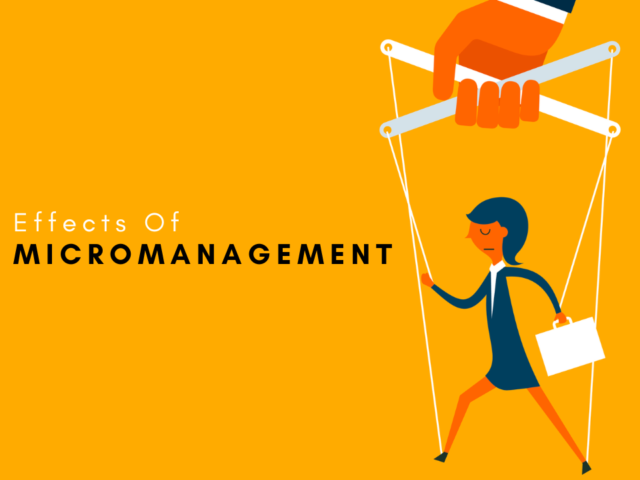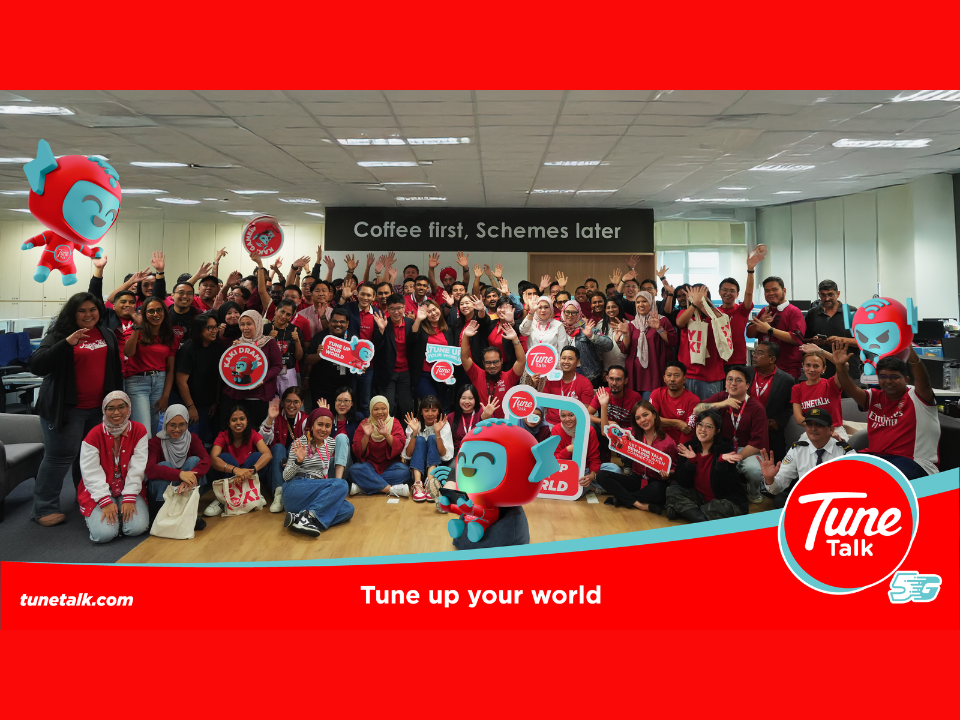
Too much of anything is bad, and one of them is micromanagement. Nobody enjoys constantly being told what to do. If you do, you sure are a rare stone. Constant supervision of workers will eventually wear them down. Hence, this calls for everyone to understand the psychological safety at work. Micromanaging employees causes a lot of negative effects. On top of that, it also does not provide the degree of flexibility people demand in their employment.
Effects Of Micromanaging On Employees
Micromanaging gives no room for self-improvement as actions are always being watched and corrected. Here are 5 effects of micromanaging employees that every employer should know.
1. Lowered Morale

Image via The 74
A notable deterioration in employee morale may result from endless observation and assertive control. Their job satisfaction declines when they feel mistrusted and underpaid, which has an impact on their general engagement and productivity. Imagine doing your job while having a pair of eyes all over you to make sure you do your work right. Won’t it suggest the idea that you are incapable of doing your own job?
2. Increased Insecurity

Image via The Economic Times
Employees become complacent if they feel like they are constantly being watched. Despite its possibly innocent intentions, this managerial approach can suffocate them. Due to not being inclined to work to their maximum ability, it lowers their chances of success. There is no harm if the lack of motivation just affects one employee. However, insecurity causes many employees to not finish jobs to the best of their abilities, which adds to inefficiency and lowers the performance of the company as a whole.
3. Stifled Creativity

Image via PUNCHY Design
Micromanagement has the potential to stifle employees’ creativity and originality. When employees lack the independence to decide for themselves and find solutions to issues, they lose interest in sharing their original thoughts and viewpoints. By micromanaging employees, it will limit their freedom to do their job efficiently. This suppression of creativity can be harmful to the development of the individual as well as the organization.
4. Heightened Burnout

Image via Boston University
Employee burnout is caused by the repetitious work environment that micromanagement fosters. The idea of having to carry out the same task every day, can you live with that? At some time, you are going to feel unmotivated and bored. These supervisors delegate no authority or decision-making duties to employees. Therefore, they may start undermining their own potential and develop a fear of failure, which then eventually leads to burnout.
5. Reduced Work Quality

Image via TopCV
When you are demotivated, unconfident, and insecure about yourself as an employee, these traits will affect the quality of your work. You will find yourself unable to get your job done without your supervisor’s ‘guidance’. It is even possible for you to decide to not do your work when your supervisor is not around due to the fear of having to do everything again if the supervisor is unsatisfied with the outcome of your work.
It is not entirely bad for supervisors to micromanage their employees. However, if this management style is practiced, it will significantly impact the performance of the company in a way that no one will fancy. If the employee is still new to the company, then only it is exceptional. Keep in mind that it should not be a routine. Once the employee has gotten the hang of it, let them be in charge of their own job and allow them to make mistakes and improve themselves.










